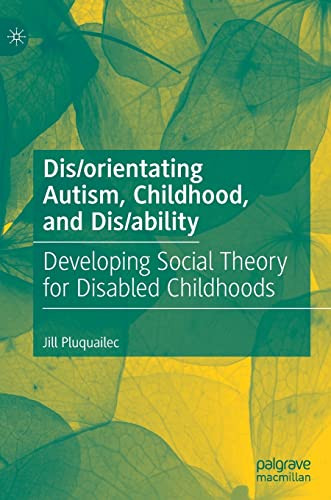

Most ebook files are in PDF format, so you can easily read them using various software such as Foxit Reader or directly on the Google Chrome browser.
Some ebook files are released by publishers in other formats such as .awz, .mobi, .epub, .fb2, etc. You may need to install specific software to read these formats on mobile/PC, such as Calibre.
Please read the tutorial at this link: https://ebookbell.com/faq
We offer FREE conversion to the popular formats you request; however, this may take some time. Therefore, right after payment, please email us, and we will try to provide the service as quickly as possible.
For some exceptional file formats or broken links (if any), please refrain from opening any disputes. Instead, email us first, and we will try to assist within a maximum of 6 hours.
EbookBell Team

4.4
82 reviewsThis book considers the many ways autistic lives have been dominantly storied historically, politically, socially, and culturally. Using a range of transdisciplinary theory, the author develops a theoretically rich approach termed ‘dis/orientation’, which breaks new ground for autism research’s understanding of everyday life, and everyday childhoods. The book uses stories of everyday life to provoke new analyses of what it means to talk about, live with, and become, an autistic child: these stories of schooling and education highlight what is doneto autistic bodies, what is donebythese bodies, and what becomes between them. This offers a way in to the theoretical work of dis/orientation; a practice and an ethic, that means remaining ever watchful for single orientations towards (and away from) autism and childhood, and the children living those childhoods. This leads to new disciplinary grounds, a reconceptualisation of the terrains of research and practice, not of the disordered and disembodied autistic mind, but of the embodied, lived, and everyday.